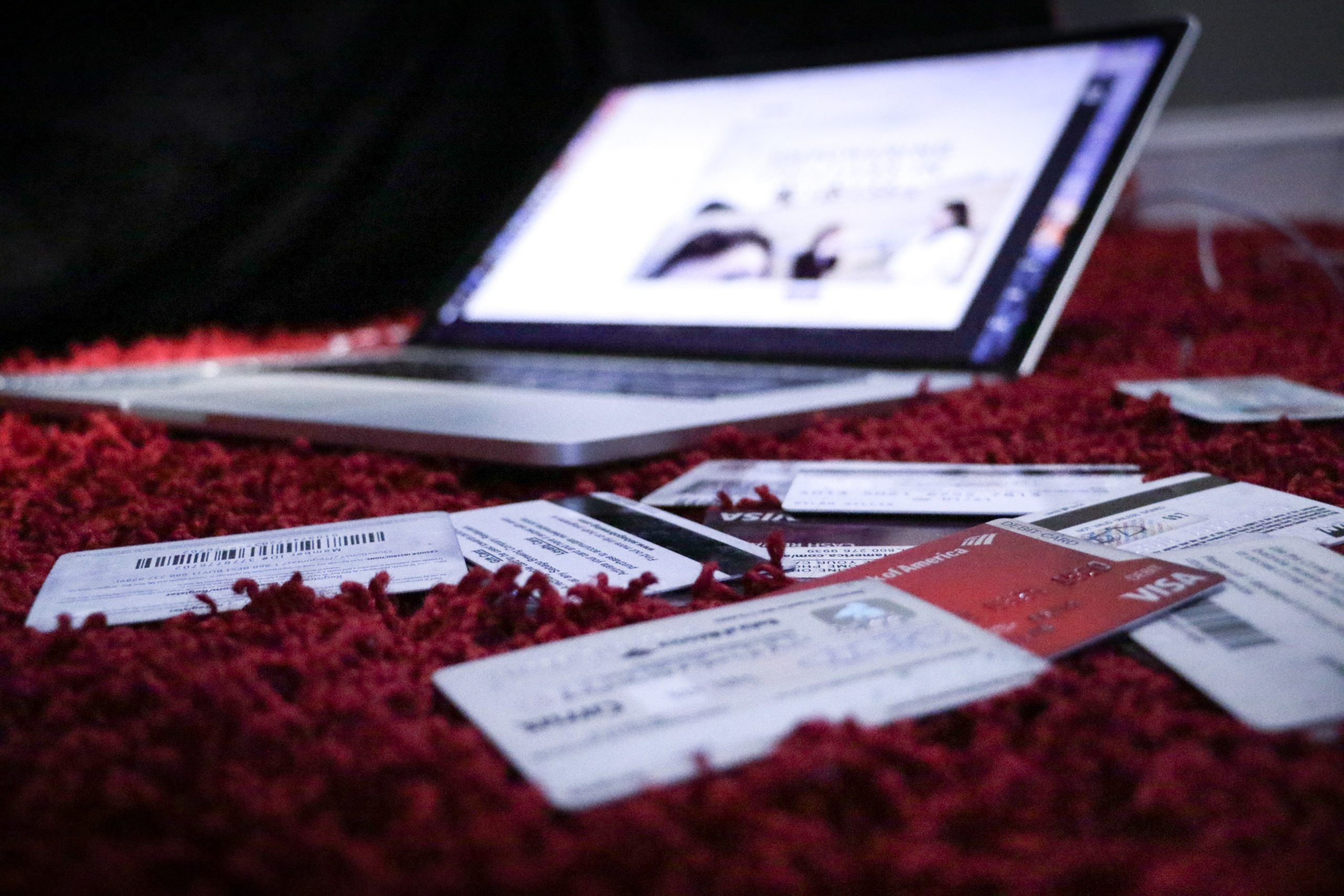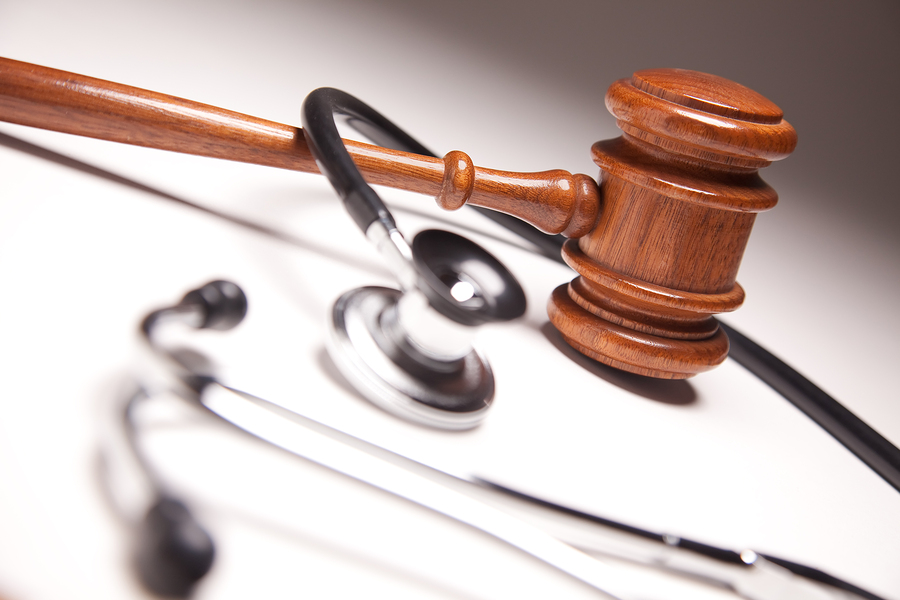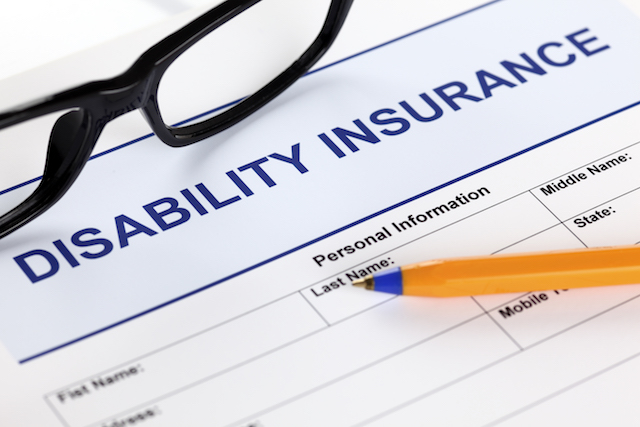Which Type of Bankruptcy is Best to File in New Jersey?
Bankruptcy is a legal process that can help you deal with insurmountable debt. There are multiple types of bankruptcy that may be declared in New Jersey.
No type of bankruptcy is universally considered the best. The best form of bankruptcy for you will depend on your goals and your unique financial situation. For example, Chapter 7 bankruptcy may be a better option for someone who wants to wipe out their debts quickly and cheaply. Meanwhile, Chapter 13 bankruptcy may be preferred by someone who wants to retain certain assets and get caught up on a mortgage payment.
If you need help with your bankruptcy case, contact our experienced New Jersey bankruptcy attorneys at Young, Marr, Mallis & Associates by dialing (609) 755-3115.
Types of Bankruptcy You Can File for in New Jersey
Choosing the right type of bankruptcy can be a complicated process. There is a wide array of factors that must be considered. While assessing your case with our Trenton, NJ bankruptcy lawyers, you may decide which of the following forms of bankruptcy you should declare:
Chapter 7
Chapter 7 bankruptcy is sometimes called “liquidation bankruptcy.” Those who file for this form of bankruptcy will be able to eliminate most types of debt. Some examples of unsecured debt that can be discharged are credit card bills and medical bills. However, there are some types of debt that cannot be wiped out like family support payments, penalties for criminal actions and certain tax debts.
In order to be eligible for Chapter 7 bankruptcy, you must past a means test which examines your income, expenses, and family size. You also cannot file for Chapter 7 bankruptcy if you have had a Chapter 7 discharge within the previous 8 years or a Chapter 13 discharge within the last 6 years. Finally, you cannot qualify for Chapter 7 bankruptcy if you have had a bankruptcy petition dismissed within the previous 180 days.
This is generally the quickest form of bankruptcy, with many declarants having their debts discharged in under 6 months. Still, when you file for Chapter 7 bankruptcy, a negative mark will remain on your credit report for 10 years from the date you filed. Also, if you file for this form of bankruptcy, your creditors can immediately collect the payment you owe them by seizing property, garnishing your wages, and even taking funds from your bank account.
Chapter 13
Chapter 13 bankruptcy is a type of bankruptcy that allows you to reorganize your debt and enter into an interest-free debt repayment plan. When filing for this type of bankruptcy, you will submit a repayment plan that must be approved by the court. The amount you pay and the duration of your plan will be determined by examining the property you own, your expenses, and your median income.
To be eligible for Chapter 13 bankruptcy, the amount you owe must be within certain debt amount limitations, you must be up-to-date on your tax filings, and you must have enough income to cover your debts. Furthermore, businesses are not allowed to file for Chapter 13 bankruptcy, only individuals may qualify.
While your Chapter 13 bankruptcy case is active, your creditors will be unable to initiate any lawsuits or collection activities against you. There are certain benefits that are available under this type of bankruptcy that are not available under Chapter 7. For example, you may be able to save certain property from repossession and keep your home from being foreclosed on by choosing Chapter 13 bankruptcy. Furthermore, if you need time to repay a debt that you cannot discharge through Chapter 7, you can declare Chapter 13 bankruptcy to force your creditor into a repayment plan.
Still, the length and cost of the repayment plans established under Chapter 13 bankruptcy can be difficult for many filers. Many people find that they cannot afford the monthly payments. If you do not earn regular income, this type bankruptcy will not be the correct choice for you.
Chapter 11
Chapter 11 bankruptcy is seen as a commercial bankruptcy option for businesses who are seeking to reorganize their debts while having the option to keep their doors open at the same time. Under this type of bankruptcy, declarants must put together repayment plans which are voted on by their creditors and company stockholders.
There are certain debts that cannot be discharged through Chapter 11 bankruptcy like unpaid taxes and student loan debt. However, debts that are not excluded may be paid back partially or in full over the course of several years. Some debts may even be completely discharged.
Repayment plans for this type of bankruptcy often last five years, but in some cases can take up to 10. Businesses who file for Chapter 11 bankruptcy will generally be able to keep all of their assets. However, filers can propose to sell certain assets to satisfy their repayment plans.
There are several circumstances where filing for Chapter 11 bankruptcy may be appropriate. For instance, small businesses may elect to file for this type of bankruptcy in order to help with their debts while keeping their business running. Furthermore, large businesses may elect to declare this type of bankruptcy to avoid the selling or liquidating the companies.
Still, the process for filing Chapter 11 bankruptcy can be lengthy and tiresome. Additionally, the timeline for repayment may be unpredictable.
Chapter 12
Chapter 12 bankruptcy is a type of bankruptcy designed for family farmers and fisherman. IT allows them to reorganize their debts and submit a repayment plan. It is a better fit for these parties because it uses a more straightforward process than Chapter 11 bankruptcy and allows files to have more debt than is allowed in a Chapter 13 case.
Chapter 15
Chapter 15 bankruptcy is designed to address international bankruptcy issues. It allows foreign debtors to file for bankruptcy in the United States court system. This form of bankruptcy is usually used in insolvency cases that involve businesses or people with assets in multiple countries.
Chapter 9
Finally, Chapter 9 bankruptcy allows cities and other types of municipalities who are in financial trouble to seek protection from creditors by establishing a repayment plan. However, this type of bankruptcy is rare and outcomes for various cases can be unpredictable.
Call Our Attorneys for Help with Your Bankruptcy Case in New Jersey
Get help from our experienced New Brunswick bankruptcy attorneys at Young, Marr, Mallis & Associates by calling (609) 755-3115.






























